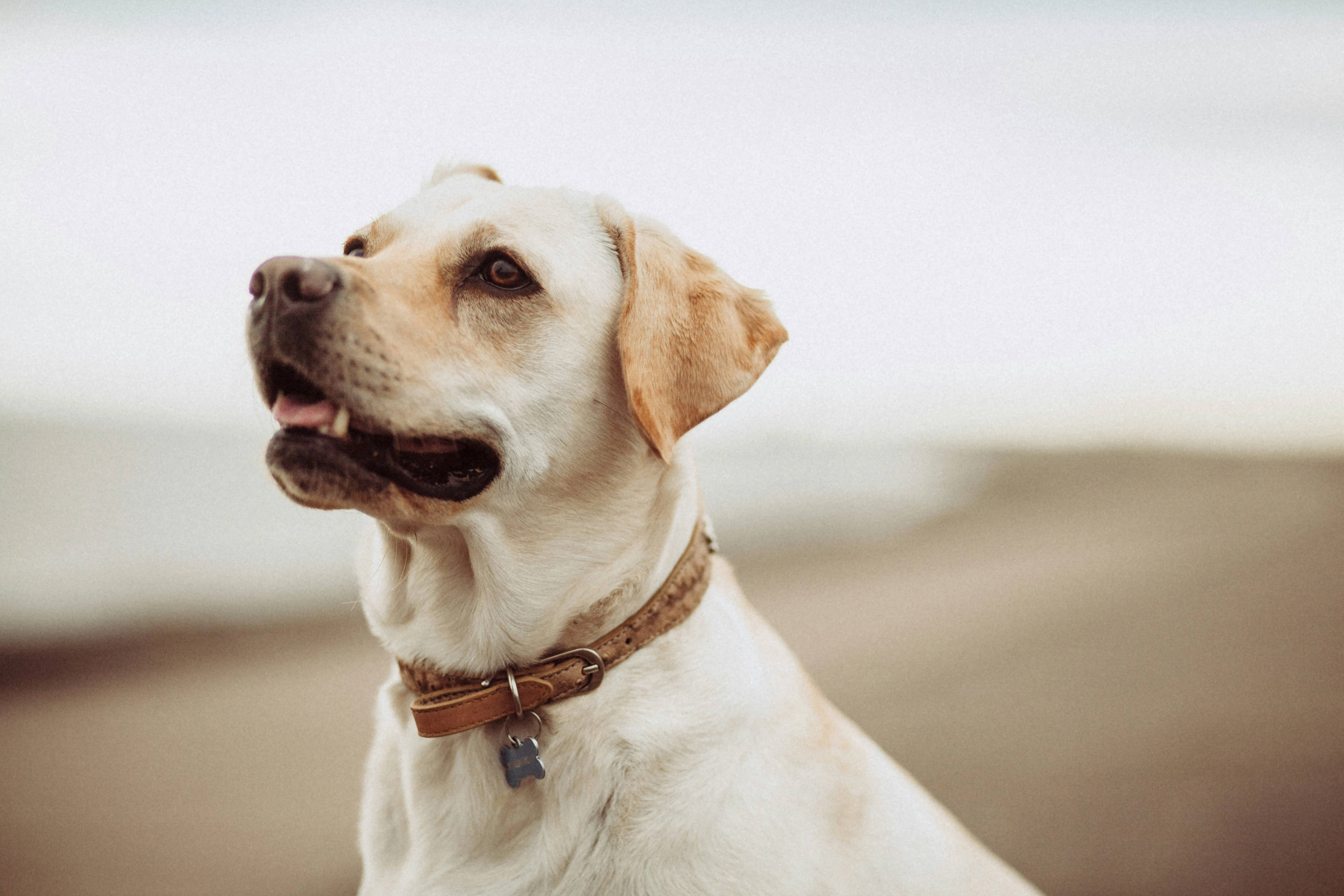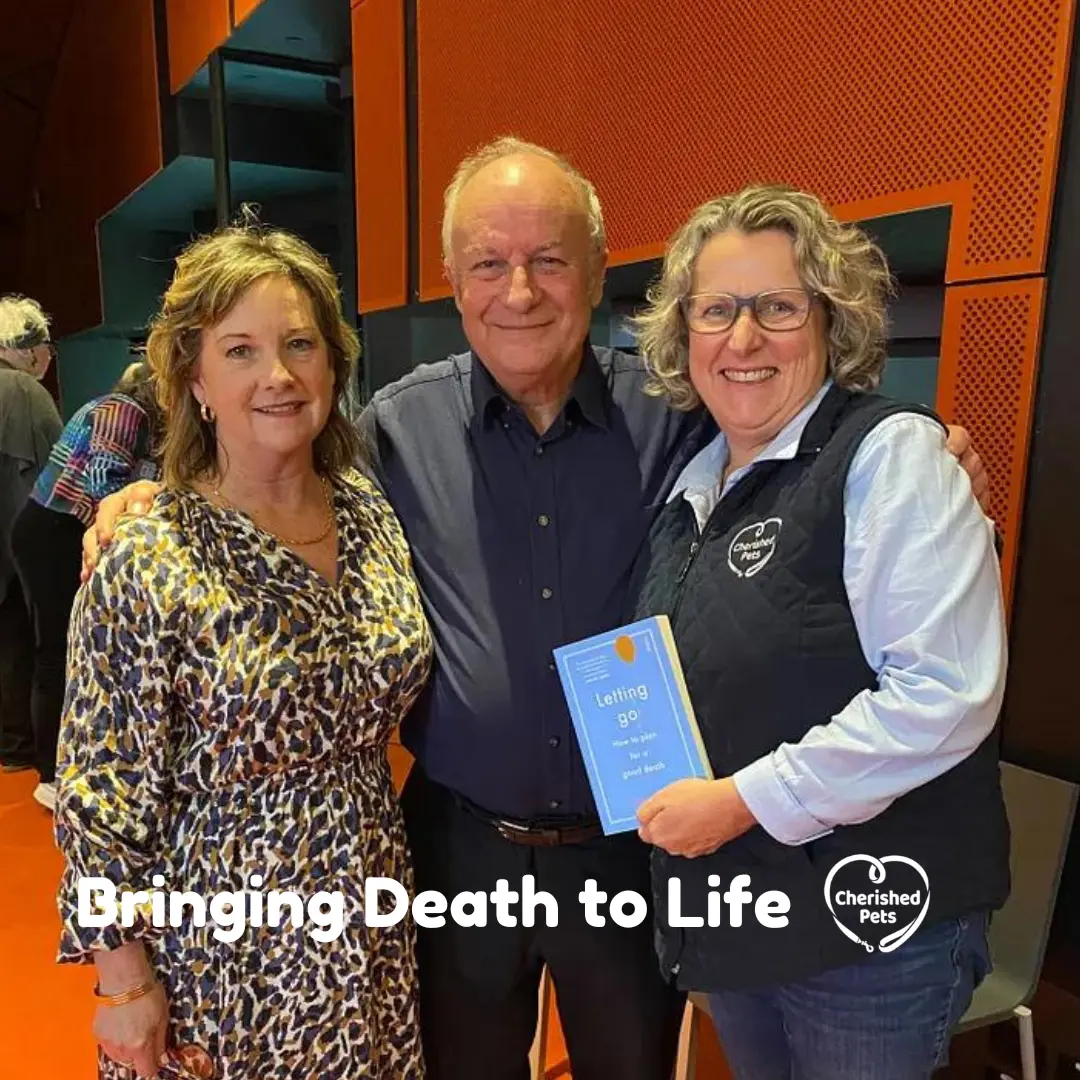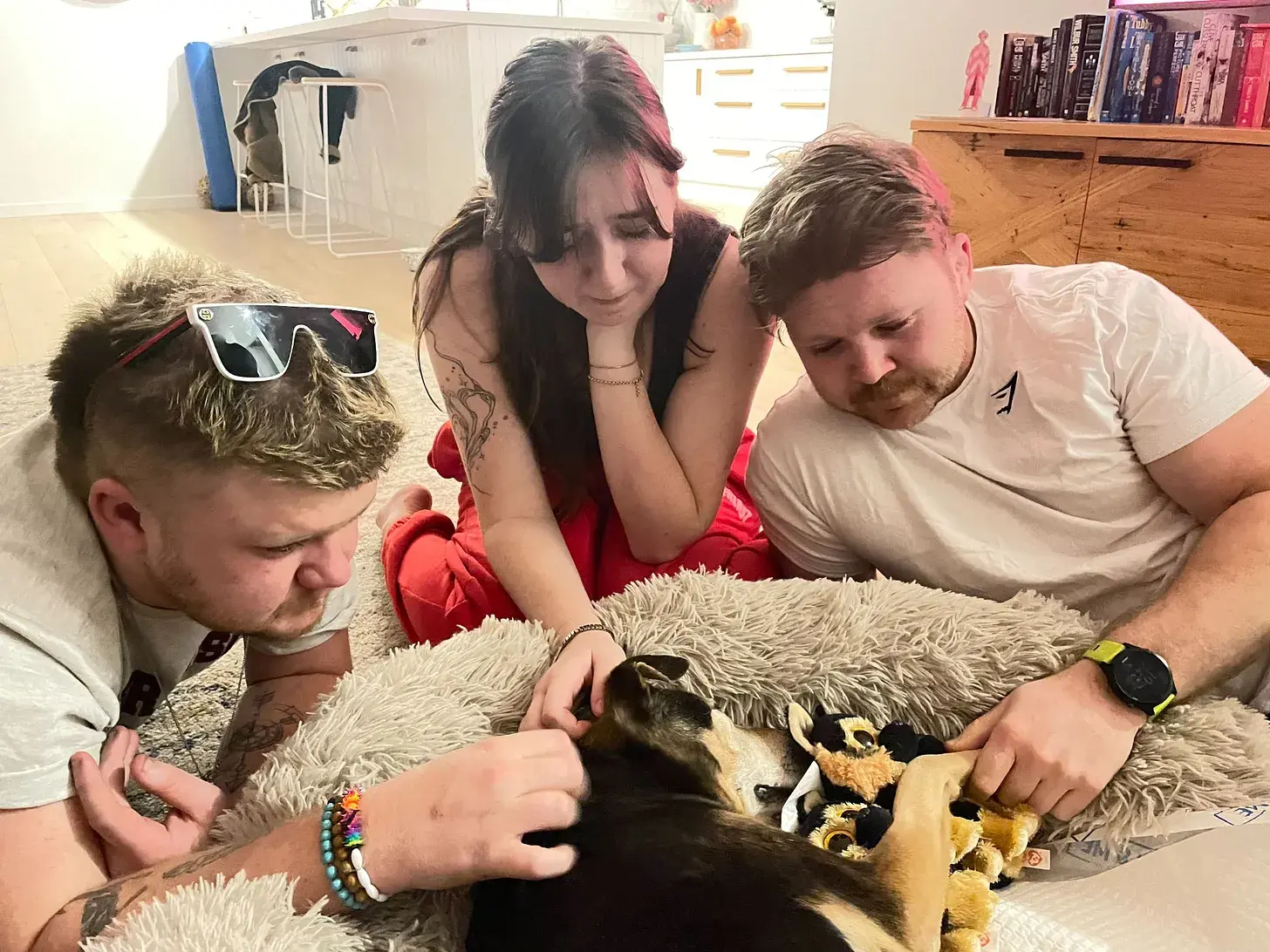Bringing Death to Life
To read this article on our Substack, please visit here:
I recently attended my first Living Wake — a celebration of the life of an old friend, Kerry, from the school mum days. I had heard of Living Wakes before, but when I received the invitation earlier that week, I felt moved to go. I hadn’t seen Kerry since before the pandemic, but I knew through our community that she was nearing the end of her battle with breast cancer.
Coincidentally, it was also the day I helped two beloved pets pass. Moggie, a 16-year-old ragdoll cat with an aggressive tumour, and Bella, a 14-year-old kelpie whose family had sought my advice two years ago, believing her quality of life was in decline. Over the years, we managed to sustain a beautiful quality of life for Bella, managing her pain and supporting her as she gradually lost her cognitive and sensory abilities. She thrived until her final week when things began to unravel, and we made the compassionate decision to help her on her way.
It was a day filled with death — a fairly typical day for me. Death and dying are my life, and it's a conversation I welcome.
On 8 August, Dying to Know Day, I was invited to attend an event hosted by Barwon Health. The theme was "You Can't Ask That," and the panel was facilitated by Jill Mann from Barwon Health Advance Care Planning, with Dr Charlie Corke as the main speaker.
I first met Dr Corke over 30 years ago. Even back then, as an intensive care doctor, he was leading conversations around what makes for a good death. His book, Letting Go, is one I recommend to everyone. My conversations with him over the years have certainly influenced my perspective as an end-of-life veterinarian. (Stay tuned for my upcoming piece "Just because you can, doesn’t mean you should").
I was honoured to be a panelist alongside key figures from organisations in the death space in Geelong: Kings Funerals, Compassionate Hearts, Palliative Care, Anam Cara, Bellarine Community Health, and Organ Donation. The audience guided the discussion with their questions, and we had a robust and healthy conversation about planning and preparing for death and dying.
As the only vet in the room, I was able to highlight how our companion animals often initiate these important conversations around death and dying.
I shared the story of recently helping a family say goodbye to their cherished girl, Rosie, who had suffered a short illness with aggressive lymphoma. As we sat around the fire in their living room, my client and her three adult children gathered around Rosie as she took her final breath. Afterward, as we sat with her body, two significant topics arose: cremation and organ donation.
In Rosie’s passing, this family deepened their understanding of each other's values and wishes regarding their own mortality.
Few things in life are more certain than death, and planning for a good death seems like the smart thing to do. This includes planning for our pets in the event of our own passing, and of course, preparing for our pets’ deaths too.
Planning for Death in Life
Through our Home Care Assistance service at Cherished Pets, we provide pet care support to elderly people and people living with a disability who are independent in our community. A key part of this service is our Emergency Pet Care Plan, covering short-term, long-term, and permanent care.
We often receive referrals from palliative care services when people, knowing they are terminally ill, seek support for their pets. It’s important not to assume that family and friends are ready or willing to inherit pets when we pass away. In fact, some of the most heartbreaking cases of unintentional animal neglect happen when grieving individuals, already overwhelmed with their own challenges, reluctantly take on a loved one’s pet.
Our pet care planning offers peace of mind to our clients, ensuring that their pets will continue to be loved and well cared for, even when they are no longer around to provide that care.
Paying Forward Peace of Mind
Since our early days, we’ve been assisting Julie, an elderly client in her 80s, and her sweet crossbreed dog, Sunny. Julie lived alone in her large home, with no immediate family except for a niece who visited occasionally and a very caring neighbour. Julie was adamant that she would leave her home “in her coffin.” Through our service, Julie received vet nurse visits, respite care for Sunny during her hospital stays, and other essential support.
Understanding that the peace of mind we offer comes at a cost, and knowing Julie’s financial situation was limited, we provided her with the same level of care as our full-fee-paying clients. As Julie began organising her affairs, we discussed future plans for Sunny.
Julie chose to leave a gift in her Will to the Cherished Pets Foundation as a way of paying forward the care and peace of mind she had received.
Few things in life are more certain than death, and planning for a good death seems like the smart thing to do. This includes planning for our pets in the event of our own passing, and of course, preparing for our pets’ deaths too.
Your Legacy, Their Future
This week is Include a Charity Week — an opportunity to reflect on how your legacy can make a lasting impact for others well into the future.
I encourage you to take a moment to have a conversation about your end-of-life plans and those of your cherished pets.
To learn more about our Gifts in Wills program, please contact me or Sarah Waddle at sarah@cherishedpetcare.com.au. You can also create or update your Will online for free with Gathered Here: Get Started with Gathered Here
Some names and details have been changed to protect identity.





